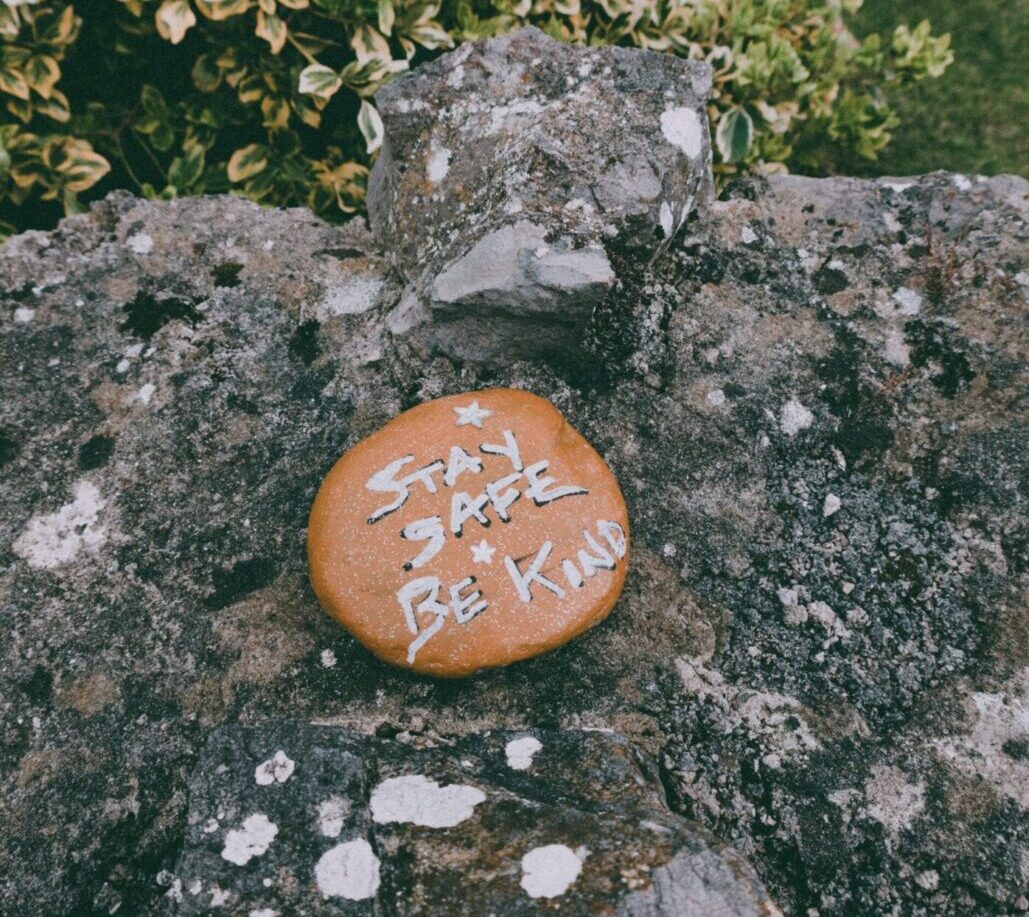
Empathy: a crucial part of the investigation equation
If you are a victim of harassment, bullying or abuse at the workplace, sitting down with a total stranger to recount the details of what happened is not easy. It’s even more difficult when that person has an agenda, a timetable to keep and is determined to work through their checklist and move on.
Investigators need to have a sound plan and manage an effective and efficient investigation. But to do so at the expense of a victim isn’t conducive to determining what happened and the appropriate next steps.
The best interviews are those who can approach everyone involved in an investigation, give them a safe space to share their story (however long it takes) and to be open and understanding, while staying neutral.
This isn’t about us versus them. This is about finding the right amount of empathy to support the investigative process.
What is empathy?
Empathy is the ability to step into the shoes of another person.
It is accepting that other people have different ideas about life, how they approach things, and how they think, feel, and act. It doesn’t mean we must take on the thoughts and beliefs of others — simply that we acknowledge it.
It also doesn’t mean you will completely understand why or how people react. It should only prompt an investigator to inquire as to why people act the way they do.
Practicing empathy in an investigation
Learning to be empathetic during an investigation starts with a few easy steps.
- Give them your full attention. You should not be distracted at any point during any interview. That means putting your phone on silent, closing your computer and being present in the moment.
- Ask people what they have experienced. Don’t tell them what others have told you or what you witnessed or believed. This interview is about them and their opportunity to share their story without them feeling the deck is stacked for or against them.
- Ask people what they need from you. This may seem backwards as you are the one trying to gather information. However, if you extend a helping hand, they will feel more comfortable and are there to work with them.
- Be aware of the emotions at play. Before the person even walks into the interview, ask yourself what emotional state people are in when you’re talking to them and what state they were in when the events happened you’re talking to them about.
- Avoid giving your opinion. This is about them, not you.
An investigation can cause a lot of anxiety in the workplace, especially for someone being investigated. Empathy can go a long way towards calming the nerves of everyone involved in the process and those looking in.
By establishing an empathetic environment through the interviewing process, you are contributing to the development of a psychologically safe workplace, where employees feel respected and heard — in every type of situation.
An individual who has experienced an empathetic investigator is more likely to engage in a constructive conversation, even if a decision goes against them. This can not only support employee retention but also reduce the risk of legal action.
From investigations to everyday operations, empathy has a profound impact on your workplace culture.
Looking to get a better handle on your workplace culture? Consider a Method Workplace Culture Audit.
